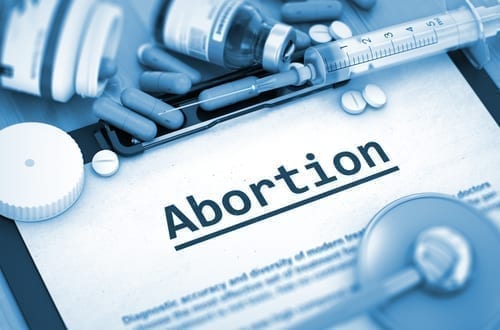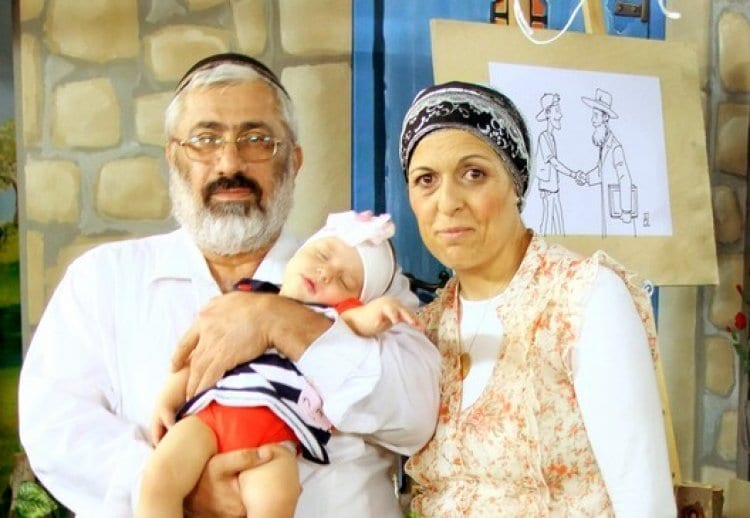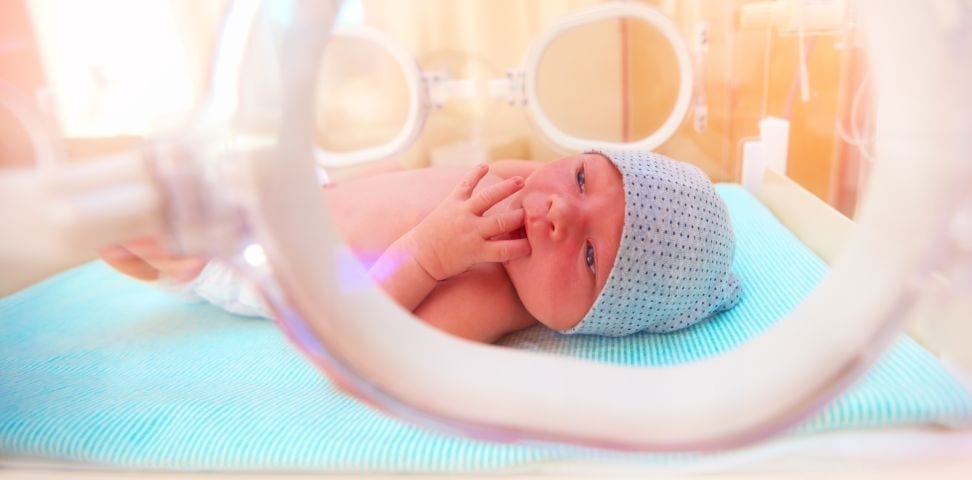Performing an abortion has far-reaching implications and medical, moral and religious aspects that should not be ignored. While we all strive to be good people, doing what is necessary and correct according to the ethical and moral standards that our society dictates to us, the question is: what is the correct position on abortion? Is it right to terminate a pregnancy due to circumstantial factors such as poor economic capability, career considerations, marital difficulties, lack of domestic harmony, etc., or is it right to bring the child into the world despite our worries and concern that we cannot provide them the protection and devoted care that they need?
From the Jewish legal standpoint, a woman who did an abortion is called “bereaved” for good reason. Bereavement is the state of losing a close person like a son / parent, G-d forbid, and is one of the most difficult and painful experiences that a person can experience in his life. The rabbinical legal authorities are unanimous on forbidding an abortion and the basis for this is derived from multiple sources in the Torah: Some believe that abortion “destroys a woman's body.” Others argue that abortion is prohibited because it is a desecration of G-d’s Name. The holy Zohar, which is attributed to Rabbi Shimon Bar Yochai, says that “abortion destroys G-d's building of the world and His artisanship.”
According to Judaism, a fetus is considered a full-fledged human being, with all that it implies, and no human may arrogate to herself the power to decide on snuffing out his right to live. Any such external intervention is literally considered murder. There is, however, one legally sanctioned case where one may stop a pregnancy. One of the greatest legal authorities of all time, Maimonides, ruled that when the unborn child endangers a woman's life, her life takes precedence to the fetus’s life.
Scientifically, and based on numerous studies conducted in the field, it has been proven that abortion may lead to complications in the short term, such as a tear in the cervix, bleeding, toxemia, infections, shock, destruction of internal organs, blood clotting and other complications that may arise from the anesthesia.
Women who have an abortion have a greater propensity to suffer from mental health problems such as anxiety and suicidal tendencies. Even though outwardly they behave as if everything is fine, many of them suffer from self-blame, anger, nightmares, recurrent depression and more. Many experts say that reproductive complications and even sterility problems may result from abortion.
Wish to join and help us?
For volunteering, donations, contributions of equipment for mother and child: 1-800-800-110
For counseling and guidance, please contact Tel: 1-800-800-110 or 052-9551591 or email [email protected].





